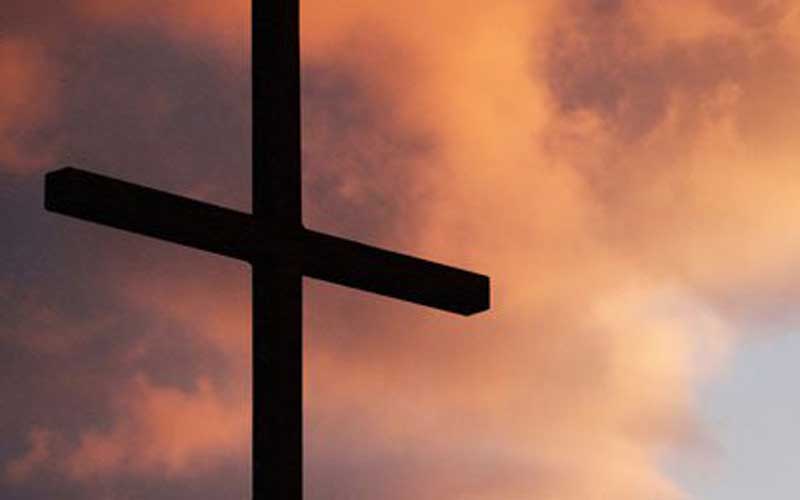×
The Standard e-Paper
Smart Minds Choose Us

Freedom to worship is enshrined in the Constitution and since time immemorial, human beings are free to engage a superior being of their choice. In supplication to whom they believe is their god, human beings tend to exercise untold free choice. Nobody should be forced to pray to or obey any particular being.